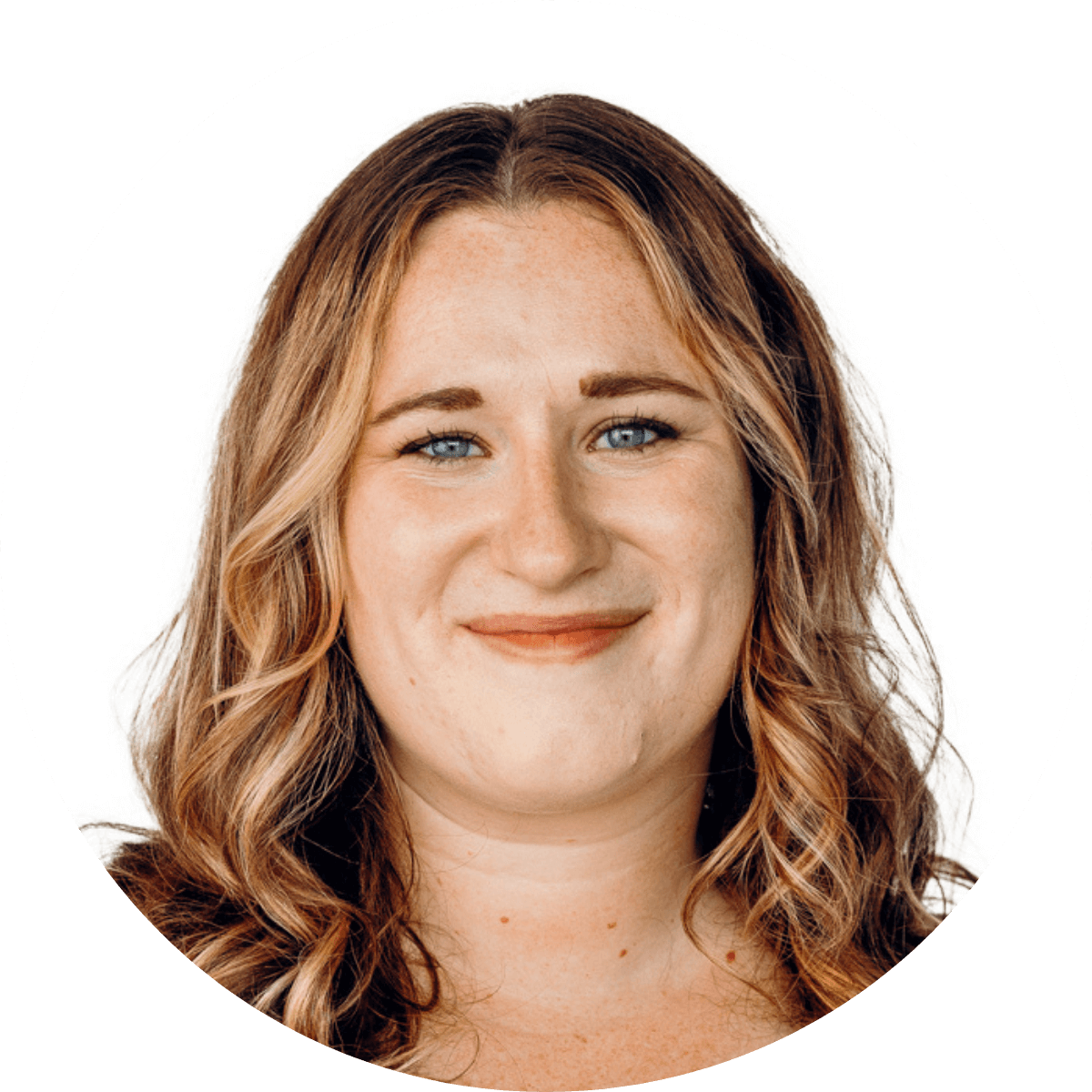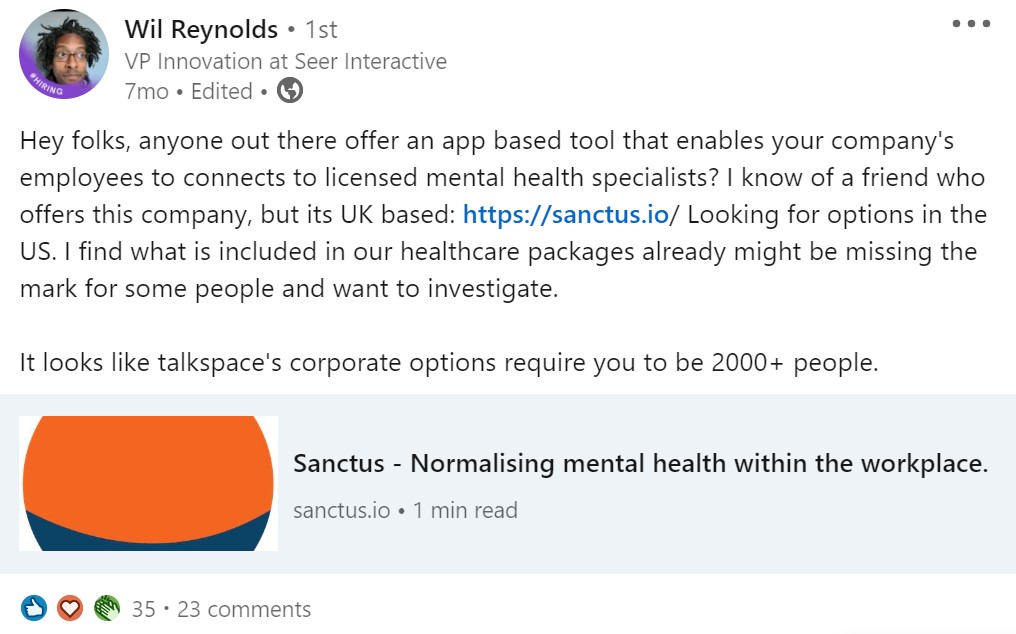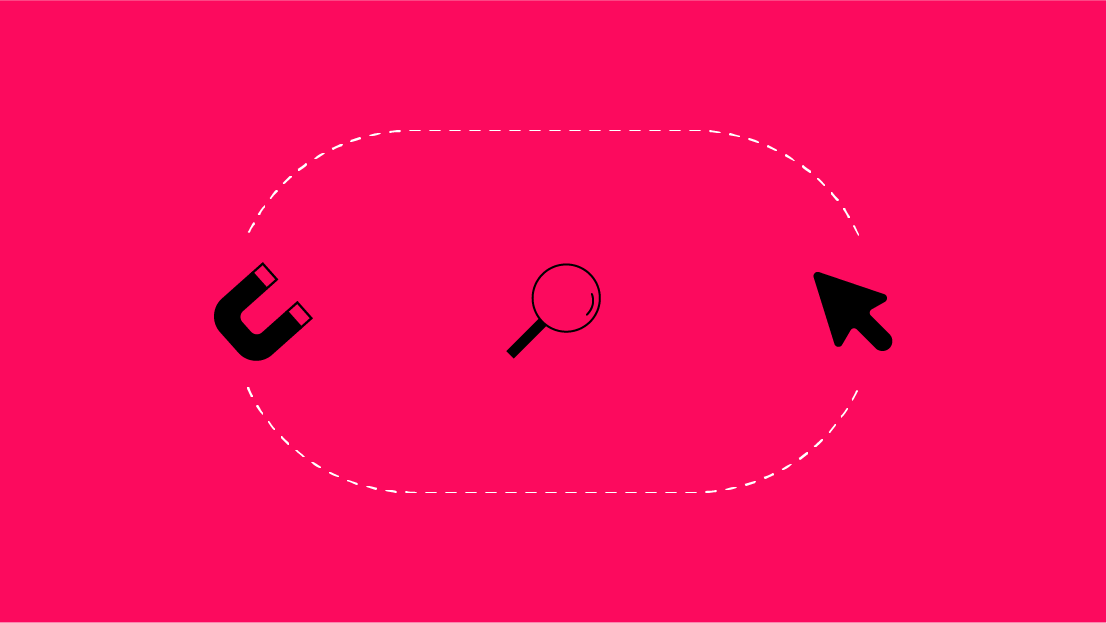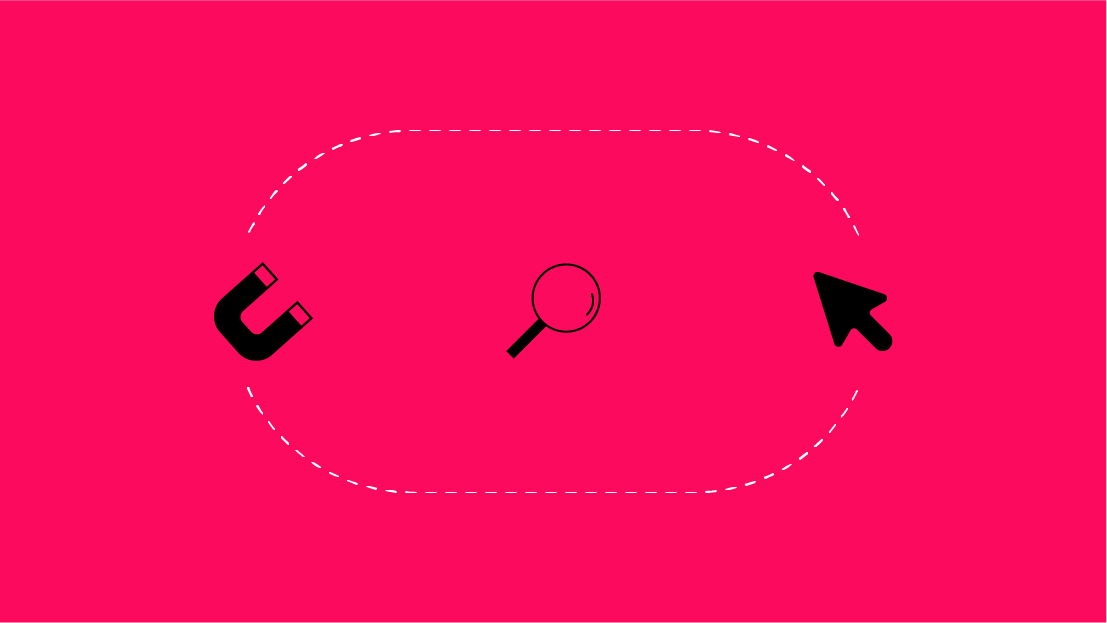Working at Seer in 2020+
When you ask Seer team members about the pace at Seer, the answer is some form of ‘fast’. We move fast, we break things. That pace is great for innovation, autonomy, and exploration. But, it can also bring challenges.
Now sprinkle on a year including a global pandemic, social injustice, a polarizing election, and working remotely (with kids, parents, partners, and pets).
The perfect recipe for burnout, emotional exhaustion, anxiety, depression...
While work is only one piece of our team’s lives, the lines between work and home became blurred in 2020. Their personal world and mental health could not exist separately from their work world.
In an effort to support the whole team member, we needed to pivot to have mental health play a bigger role.
So we did, and we approached mental health support in a big way. We’re not perfect, but we are proud to say through our extensive research and learning, we’ve grown tremendously in how we talk, think, and act on supporting our team’s mental health. It will continue to be an ongoing journey for Seer.
Snapshot of our 2020 mental health initiatives:
- 1st annual Mental Health Awareness month
- Company wide goal to take a Mental Health Day (between May - June)
- Shifting our management of time-off
- Evaluated 13 mental health platforms
- Launched a 3 month pilot with BetterHelp
- Launched an expanded HRA for additional health related expenses
Creating Awareness
As COVID-19 and Mental Health Awareness Month collided (hello, May *wave*), we rolled out a handful of initiatives to recognize and support mental health awareness. Each week, we chose a different theme to focus on -- sharing a curated deck with resources, events, and challenges we encouraged the team to complete.
Insights gleaned from team surveys helped inform the initiatives we had queued and how we could continue to best support the team beyond May.
Mental Health Awareness Month Curriculum:
Week 1: Mental Health Awareness & Seer’s EAP
- Defined mental health & its contributing factors (definitions by the CDC and WHO)
- Reviewed our benefits plan & what’s available (such as 2 EAPs & the Sanvello app)
- Set a goal for everyone to take one mental health day between May - June
Week 2: Mindfulness & Meditation
- Challenged the team to learn their Mindful Attention Awareness Score
- Shared guided meditations & TEDTalks
- Hosted two ten-minute guided meditations
- Seer team member led session on his experience with mindfulness
Week 3: Healthy Eating & Movement
- Shared data on the connection between Healthy Eating & Mental health (check it out: Harvard.edu, UCDavis.edu)
- Hosted a virtual mid-day Yoga Flow (instructor was a Seer Alum!)
- Hosted a virtual Barre3 workout class
Week 4: Self-care, Gratitude, & Lessons Learned
- Provided information on the impact of gratitude on your mental health
- Hosted ten-minute stretch sessions during the workday
- A Seer team member led session on their approach to mental health
Following the month we surveyed the team to understand the impact our focus had made. Of those surveyed...
87% of Mental Health Awareness month participants felt it had a positive impact on their mental health.
We defined ‘participation’ as: If someone read resources, attended an event, or was inspired to make personal changes based on content provided.
Exploring & Evaluating
Getting Data
By August of 2020, we were still feeling the impacts of working fully remote, social isolation, and the pandemic.
Wil posted to his LinkedIn community wanting to understand what other organizations were doing to support their team’s mental health.
From there, we leaned into our ‘Stop Guessing’ approach and turned to the data to understand where else we could impact.
PTO Analysis
- Team members were taking 50% less PTO (~ 2 weeks) on average in 2020 vs. 2019
- Read more about our response to that data here
Employee Assistance Program (EAP) Utilization Analysis
An employee assistance program (EAP) is a work-sponsored intervention program designed to identify and assist team members in resolving personal problems that may be adversely affecting their performance at work, such as marital, financial or emotional problems; family issues; or substance or alcohol abuse
- Drastic increase in utilization of EAP -- 26% in the first half of 2020 vs. 4% in 2019
- From there we surveyed the team to understand if they were getting the support they needed from the EAP once they accessed it. Of the survey responders, 74% of folks were either not aware of our EAP or not getting the support they needed
Industry Research
- We found 24% of adults with mental illness report an unmet need for treatment
- During the COVID Pandemic, Mental Health America saw a 93% increase in users completing their screening for anxiety and depression compared to 2019
The gap was clear, while we had resources available, there was still more we could do. So we began a 4 month deep dive into organizations that could supplement our current benefits and support our team’s mental health.
Evaluating Solutions
When diving into the world of mental health, there were a multitude of options in front of us. We considered setting up a mental health fund, adding on to our current traditional benefits, or exploring digital platforms. Wil’s LinkedIn post gave us a head start in comprehending the wide variety of services that are available.
As we continued to explore, we kept coming back to the idea of a digital platform that would provide easily accessible virtual support to anyone, anywhere.
As a team of digital marketers, we assumed our team would be comfortable with virtual support. While we had a hunch that our team would be comfortable with virtual support, we knew it wasn't enough to just trust our gut-- as always, we needed data to confirm our hypothesis.
It turned out 73% of survey respondents had either no preference on appointment location (in-person vs. virtual) or preferred virtual appointments.
Step 1: Evaluate 13 different digital mental health platforms
We evaluated large companies who support organizations with thousands of employees and smaller startups geared towards growing organizations. We evaluated the platform types, average utilization, financial investment, support provided, and more. And from that, we realized we still don't have the answers.
Step 2: Pilot a platform for 3 months
We wanted to understand the platform utilization, the team’s experience, and our overall financial investment. We selected BetterHelp as our pilot platform. We are about half way through the pilot, reporting 99% active users, 192 messages, and 61 live sessions in January alone.
Step 3: Evaluate Ancillary Benefits in Open Enrollment
In conjunction with the pilot we evaluated benefits for Open Enrollment. To understand what was most important to the team, we surveyed them on a list of ancillary benefits. The top two were:
- Expanded Health Reimbursement Arrangement (HRA)
- Mental health support
Seer’s benefits already provided a HRA for in-network, medical deductible expenses. But, for folks with out of network providers, appointments could be costly. So, we expanded our benefits package to include a second HRA. This 'All Access HRA' provided $1,000 per team member for health related costs. This is available to all folks, regardless of if they enrolled in our benefits or not. It's flexibility in use gives our team the freedom to choose where they want to seek coverage and support.
Reflecting
2020 brought us a lot of teachable moments, including that mental health awareness & support has a place in the workplace. Mental health is a personal ongoing journey. While we aren't solely responsible for our team's emotional wellbeing, we feel it is our responsibility to create pathways to mental health support.
Looking ahead, In 2021 we plan to:
- Evaluate the effectiveness of the BetterHelp pilot
- Understand the utilization of the expanded HRA and how it impacted our team
- Host our 2nd annual Mental Health Awareness month
While we made great strides in 2020, we still have a long way to go. We look forward to continuing to evolve the ways we support our team this year and moving forward.
We're Hiring and We'd Love to Meet You...
Check out our open positions and learn more about #SeerCareers.




